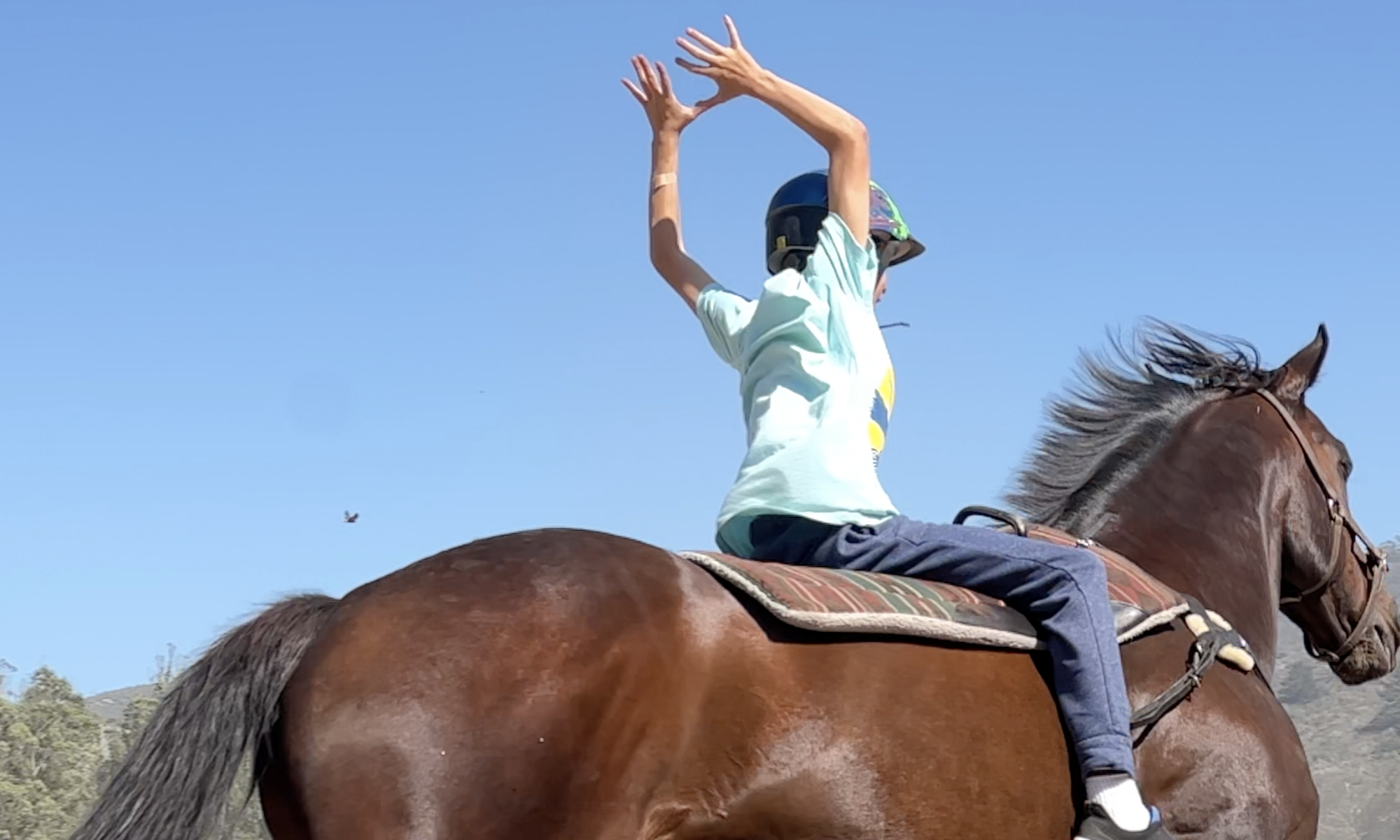In Behaviorism (think B.F. Skinner), humans do things for three reasons only:
To gain access to something
To get away from something, or avoid someone, something
To satisfy a sensory need.
To gain access to something includes getting attention, attunement, or if you will – love. For the record, my spell check refuses to acknowledge “attunement” as a word. It’s something which trauma therapist Sarah Schlotte describes as, “Being seen, being heard, feeling felt, and getting gotten.”
If your neurobiology is such that you, particularly when stressed, can’t ask for attention, attunement or love – you might resort to some seemingly strange behaviors in order to have access to these three critical human needs.
Meet N. He’s a young man working in our job training program. As an autistic person, he checks off all the boxes – his stimming includes pumping the air with his fists and then hitting himself in the head repeatedly, humming while plugging his ears and rubbing his temples and shutting his eyes in a desperate attempt to stem the flow of sensory input.
He also does“scripting” which looks like repeating a phrase he’s heard over and over – often from a movie, or a video, or a song. For a long time, scripting was viewed as self-soothing behavior and the words were just repeated over and over with no meaning attached. Thankfully, now we see scripting as a sophisticated attempt at communication and is often filled with rich metaphors as the person chooses the script and to whom it’s delivered.
N has songs he shares with people at the ranch. He throws out a line of a song and you sing the next line. It gives him great pleasure because it’s the essence of a conversation with a predictable and harmonious give and take. For me, he throws out an old spiritual
“Swing low”
And I come back with
“Sweet chariot”
Sometimes we sing the next line together
“Comin’ for to carry me home.”
I wonder how many people know that the hymn is a prayer of a slave who wishes to die and go to heaven in order to escape the peril and toil of slavery. I wonder if N knows.
When N is having a particularly hard day, we give him space. He’ll sit at the picnic table and have conversations with himself and if you listen, he’s trying really hard to “behave.” He’s throwing out lines from people he’s heard who have counseled him. It sounds something like this:
“Gotta be a good guy N. Gotta get to work. Gotta. Hey buddy! How’s it going?”
The other night, we organized a trip to San Francisco’s Exploratorium. It’s a hands-on science museum where every display is meant not just to teach a scientific concept, but to bring the learner into the experience as a participant. It’s revolutionizing how science museums (and hopefully history museums) are conceptualized. On Thursday nights, they make the museum an adults only event with bars, a DJ and a fantastic vibe where San Franciscans go for dates and an outing that’s fun, hip, and interactive.
Thirty five adult members of #TeamQuirky showed including N and his mom.
Our guests dispersed all over the museum and Darius and I spent the evening wandering around making sure everyone felt safe and engaged.
N had a hard time getting started. Seeing people out of context is often an anxiety trigger for him. Seeing his barn buddies in the evening, in clean clothes and styled hair made him worry about whom he’d recognize and what would be required of him socially.
However, 90 minutes into the event, he was still at the museum and his mom gave us a couple “thumbs up” to let us know they were enjoying themselves and didn’t need additional support.
As we were leaving for home that night, my phone lit up with photos from N’s mom.
It seems that N absolutely loved a particular interactive display.
One section of the museum is dedicated to emotions and culture. N found an exhibit called “The Center of Attention.”
You walk through a curtain into what looks like a Photo Booth and stand in front of a microphone facing a wall sized photo of a packed audience (think Carnegie Hall with several balconies). All eyes are on you under spotlights. You say something into the mic
And then.
The audience erupts in applause.

Attention. Attunement. Love
Basic. Human. Needs.


This is so beautiful, Joell. Thank you for sharing the healing ways of Team Quirky. One of the things that I love to do with my daughter Sophia is to start singing a song spontaneously while she picks it up and we begin singing the song together, back and forth and back and forth, helping one another to remember the lines (or not), using song as a way of meeting our basic needs to feel seen, be attuned, and and feel love– JOY.
Joell, thanks for the enlightenment. I want to see how it feels inside that Photo Booth. I’ll be hitting the Academy this Thursday to check it out. Amen to all wordless communicators! with love, Susan
What a beautiful story. I appreciate your sharing the psycho/social relationship shared in the article regarding N. Building trust is key and the connections Team Quirky has made with N and how they communicate are inspiring. Connection, attunment and desensitizing. Fabulous quote by Schlotte. I will definately remember. In Community, Cynthia